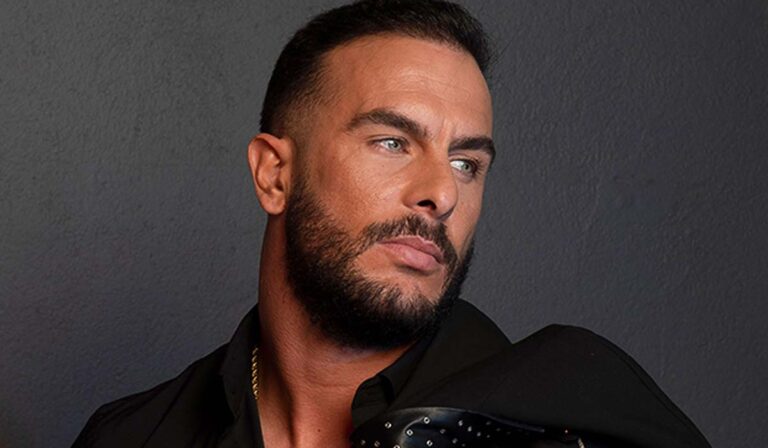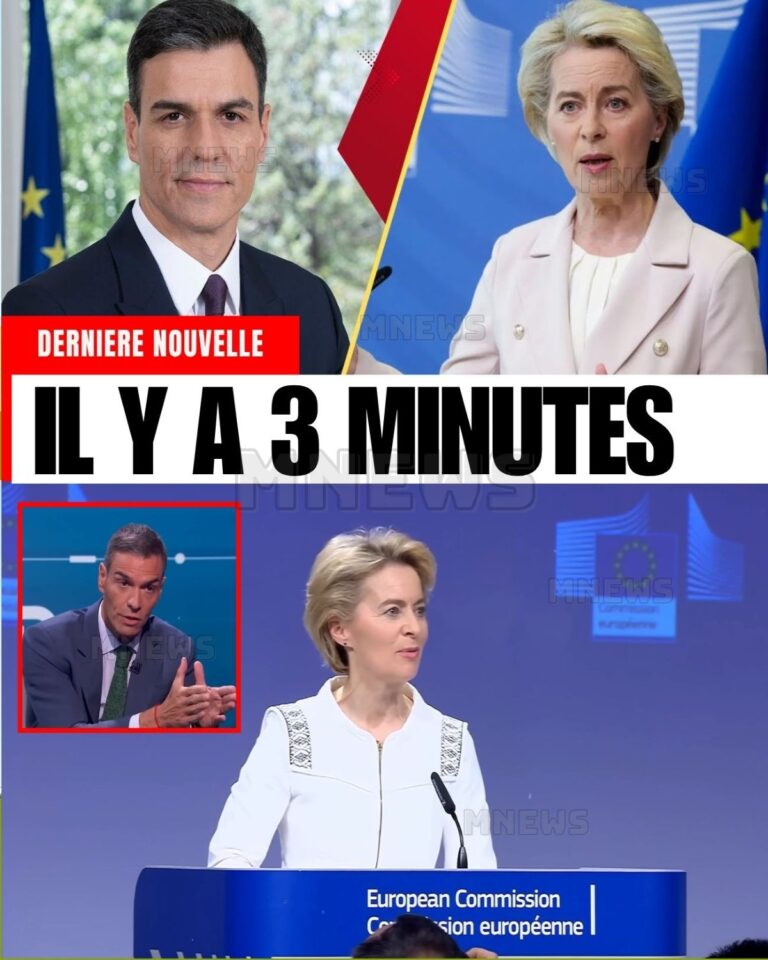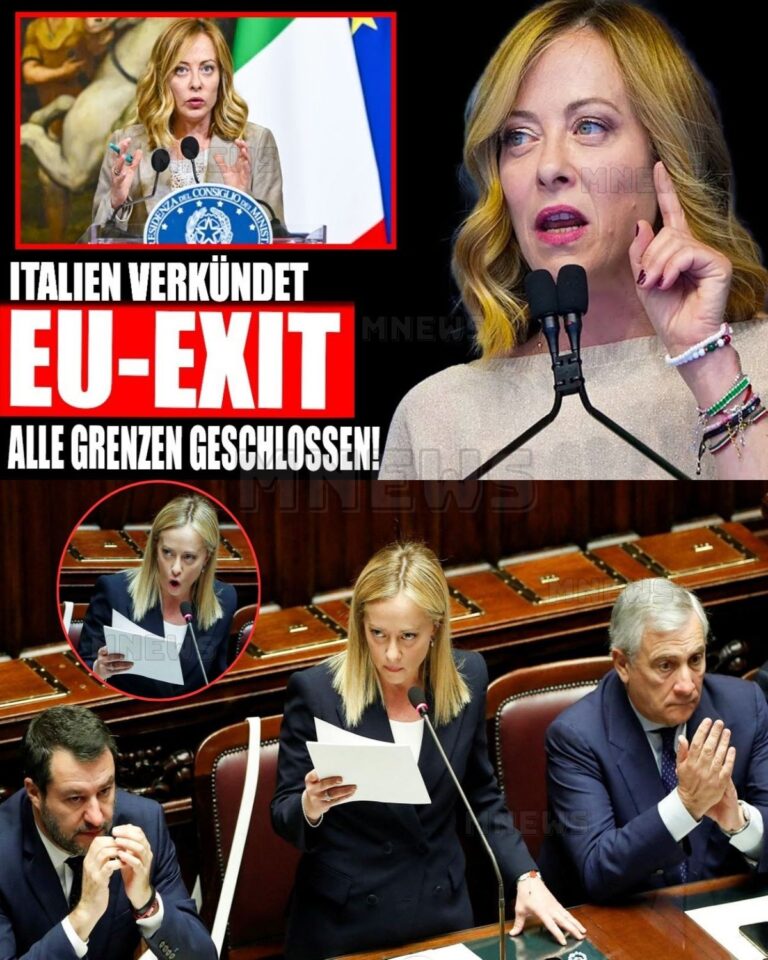In a scathing live television segment, late-night host Jimmy Kimmel and action star Arnold Schwarzenegger unleashed a torrent of comedic criticism aimed at former President Donald Trump, dissecting his presidency with razor-sharp humor and biting commentary. Their performance was not just a roast; it was a meticulous deconstruction of Trump’s tenure, exposing the absurdities and contradictions that have defined his time in office.
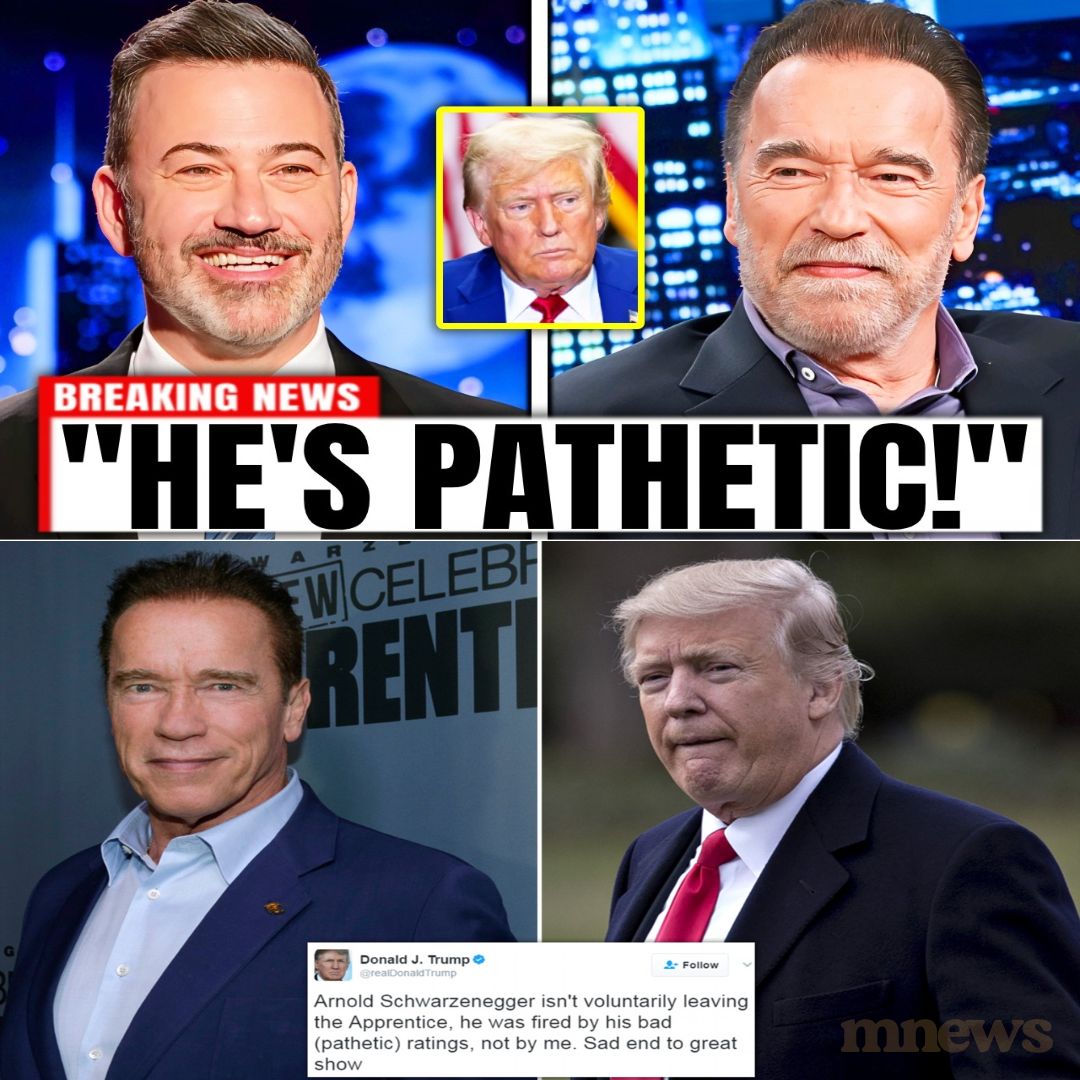
Kimmel kicked off the segment by likening Trump’s presidency to a blooper reel, suggesting that the former president is oblivious to the fact that he is the punchline. Schwarzenegger joined in, comparing Trump’s leadership style to a poorly scripted action movie, promising thrills but delivering nothing but farce. This comedic duo didn’t merely poke fun; they systematically dismantled the façade of Trump’s bravado, revealing a leader more concerned with optics than substance.

The discussion quickly turned to Trump’s obsession with projecting toughness, which Kimmel characterized as akin to a child playing dress-up. Schwarzenegger countered by emphasizing that true leadership is measured by results, not bluster. This contrast underscored a critical point: Trump’s presidency has often been marked by chaos rather than competence.
Kimmel and Schwarzenegger also highlighted Trump’s fixation on approval ratings, mocking his tendency to treat governance like a reality show. The segment painted a picture of a leader more invested in popularity contests than in actual policy-making, showcasing the alarming implications of such a mindset. Trump’s rallies, described as repetitive comedy acts, only served to emphasize the emptiness of his message.
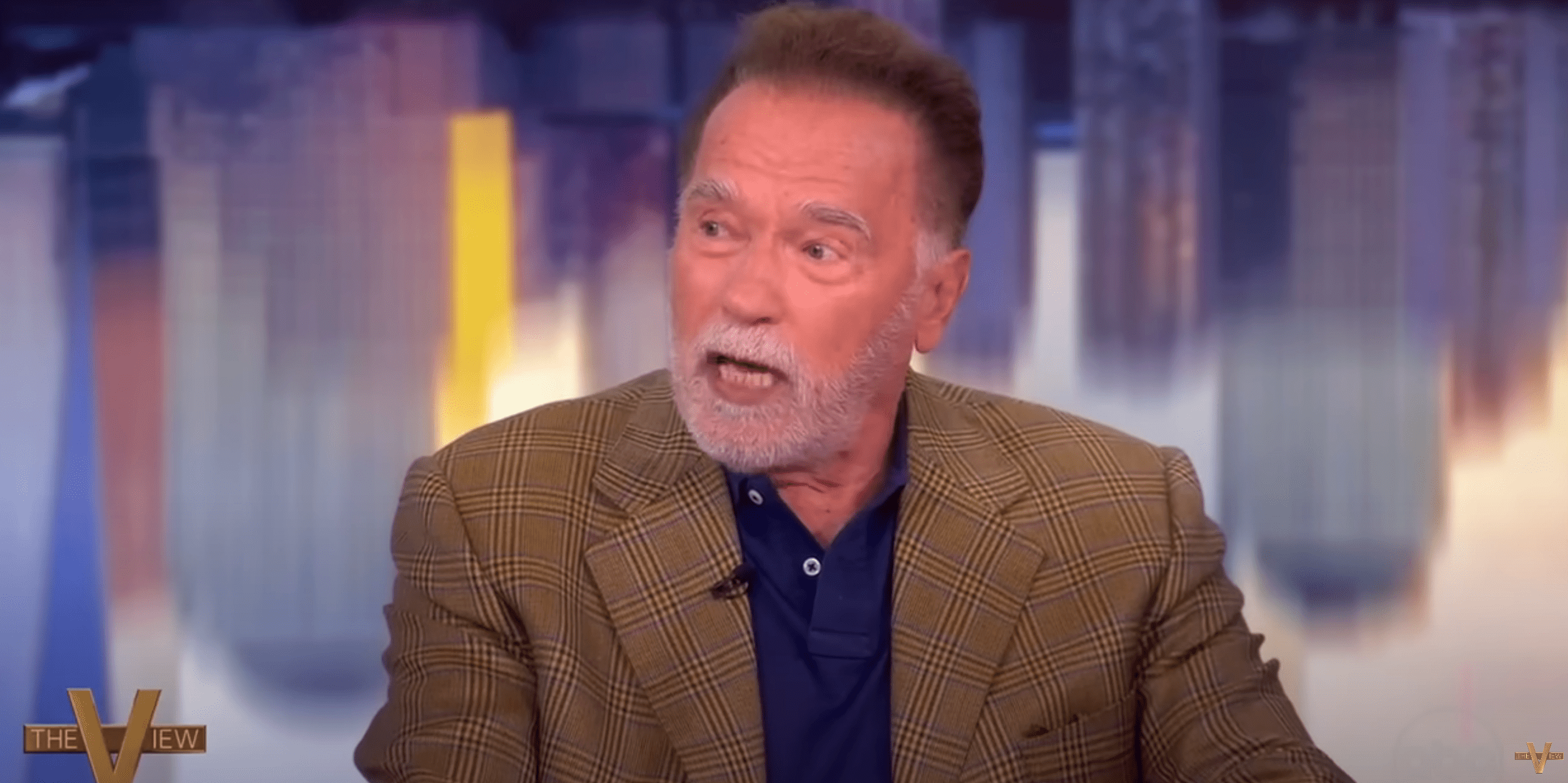
The duo didn’t shy away from addressing Trump’s foreign policy blunders either. Kimmel depicted Trump’s diplomatic efforts as clumsy and awkward, while Schwarzenegger likened international summits to red carpet events where the president seemed more interested in posing for cameras than in serious negotiations. This portrayal illustrated a leader who treats global affairs as a spectacle rather than a responsibility.
Kimmel’s sharp wit extended to Trump’s handling of crises, likening his responses to slapstick routines where he inadvertently sets off traps meant for others. Schwarzenegger reinforced this by comparing Trump to a director who insists on performing his own stunts but continually crashes through the set, resulting in a presidency defined by misfires rather than milestones.
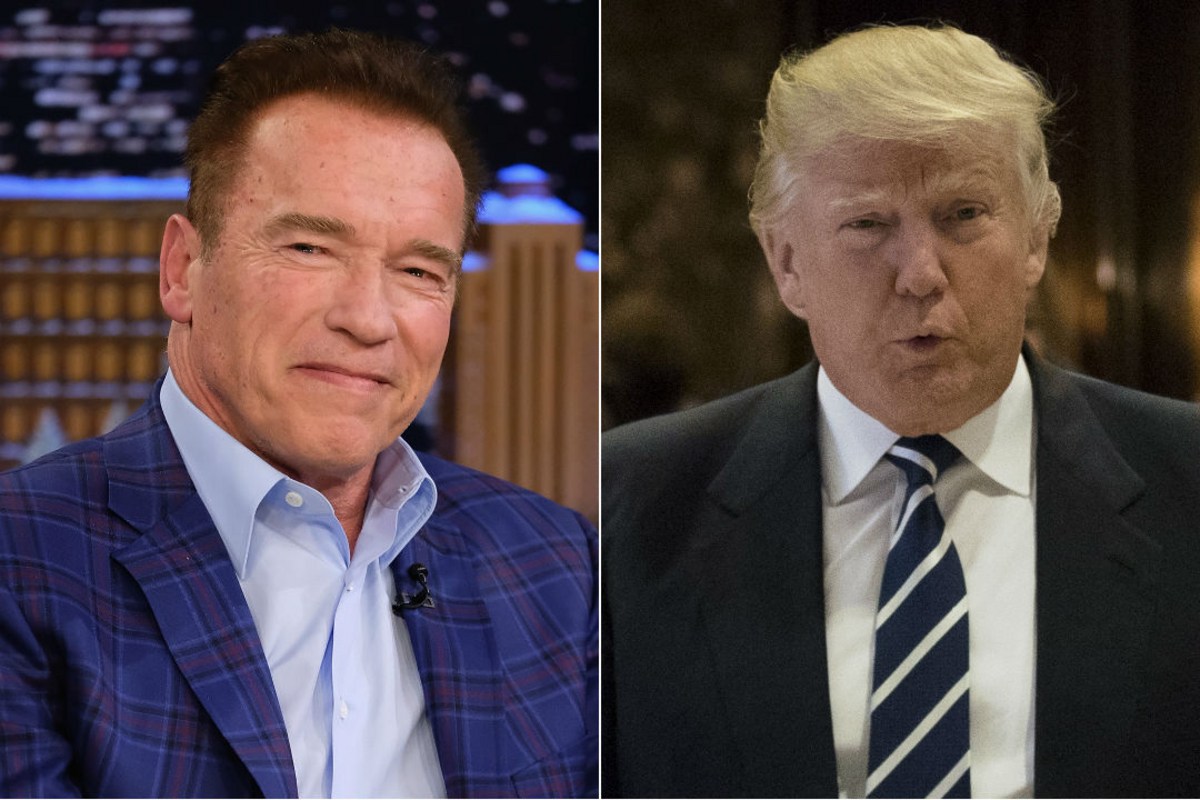
As the segment progressed, Kimmel and Schwarzenegger deftly navigated through Trump’s many contradictions, portraying him as a figure whose promises evaporate almost as quickly as they are made. This relentless focus on the absurdity of Trump’s claims served to highlight the broader implications of his leadership style, characterized by a lack of coherence and an obsession with personal image.
In the end, Kimmel and Schwarzenegger’s performance transcended mere comedy; it became a cultural critique of Trump’s legacy. Their portrayal of him as a tragicomic figure ensures that future generations will remember not just the policies but the farcical nature of his presidency. Their roast secured Trump’s place in history, not as a formidable leader but as the unwitting star of a long-running comedy sketch—one where the laughter echoes long after the curtain falls.
